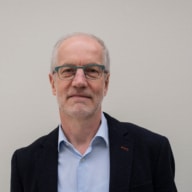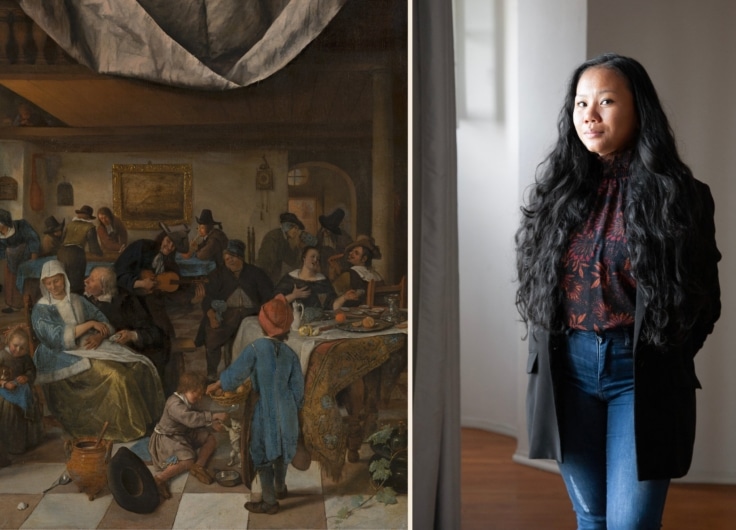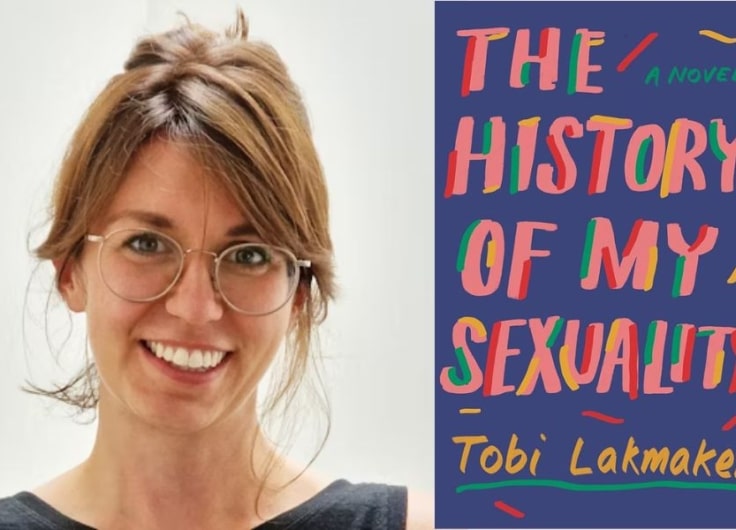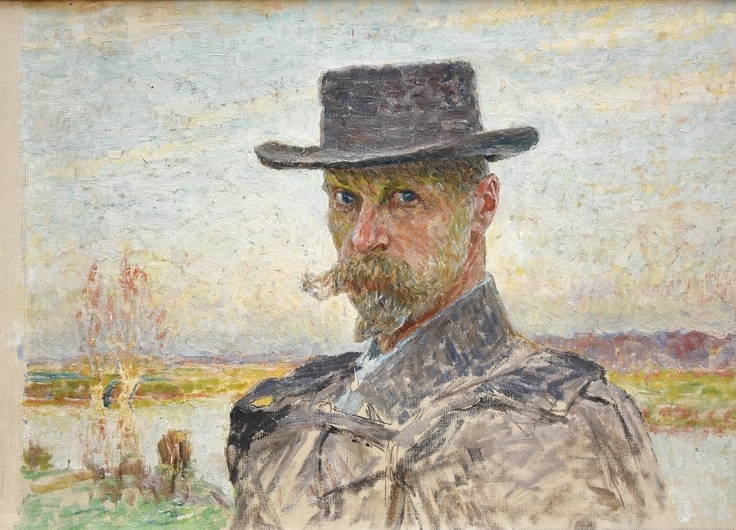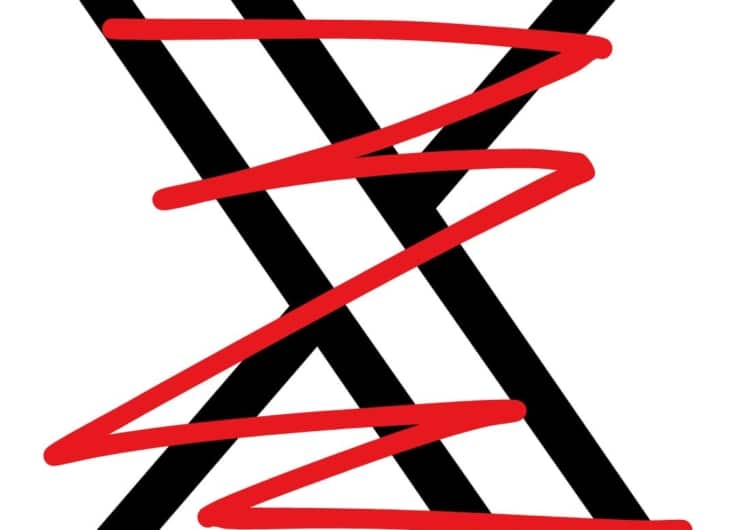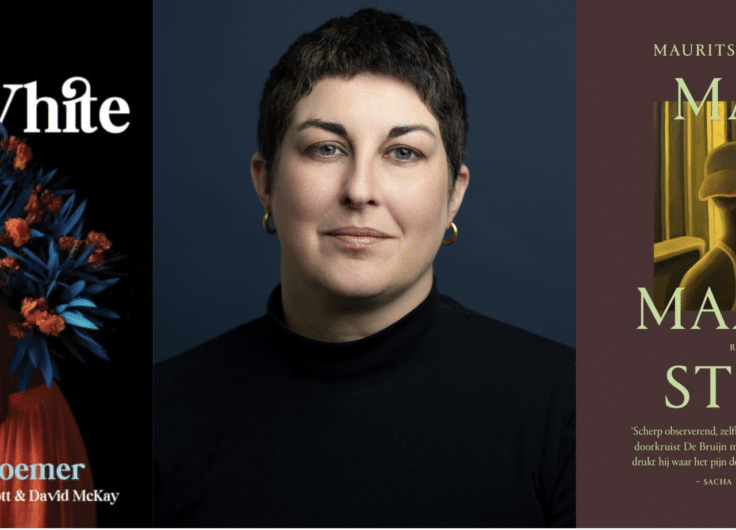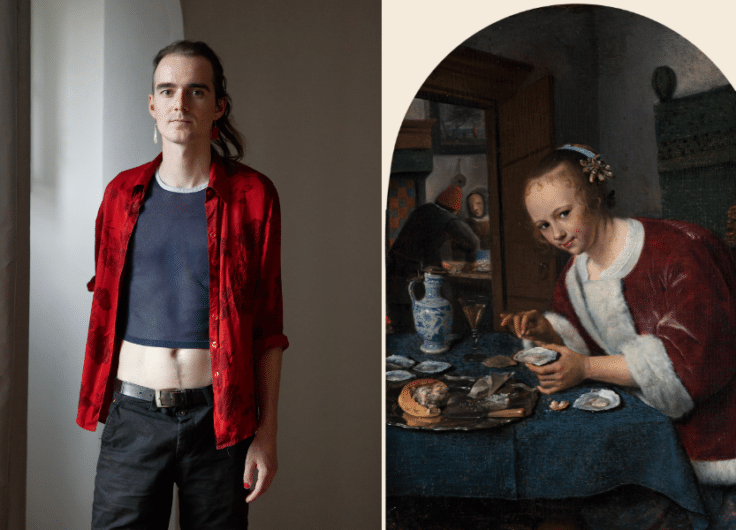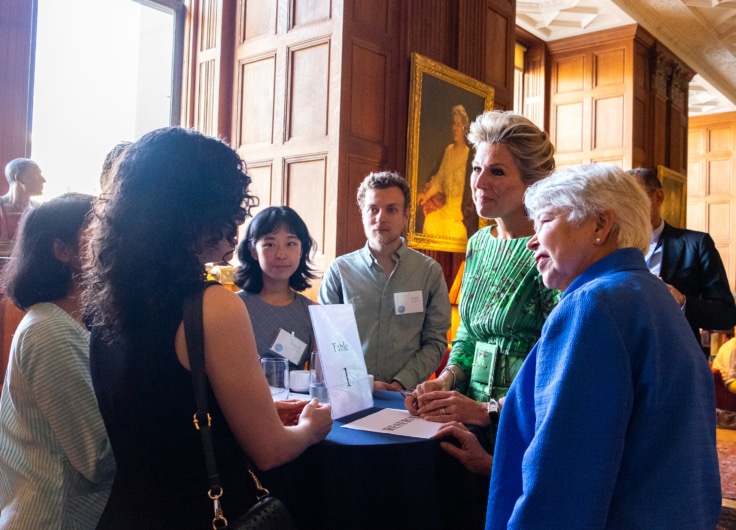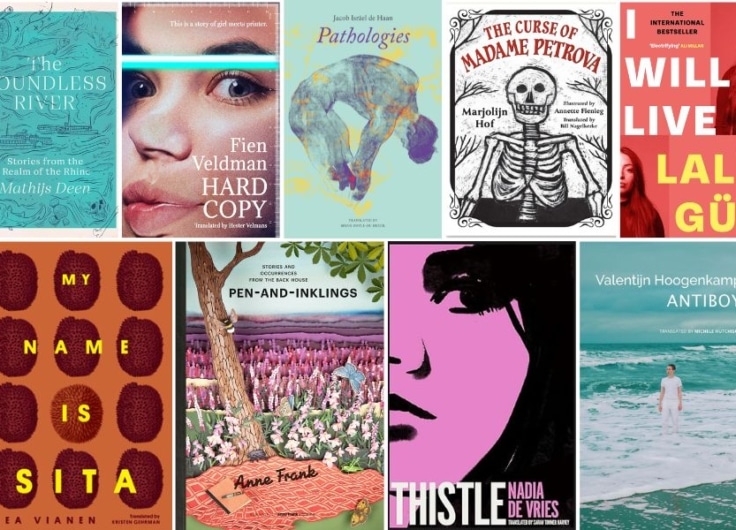French Still Resonates in the Linguistic Universe of the Fleming
‘You cannot live next to a language and go unpunished, let alone if that language actually dominated your own for a number of centuries.’ This is certainly true for the Dutch language in Belgium, which for centuries had to pave the way for French. And yet, editor-in-chief Luc Devoldere, a Fleming, wouldn’t miss French for the world.
Francophile Fleming Bart van Loo believes that every single Flemish person continues to speak French on some unconscious level. Then again, Brussels native art critic Claude Blondeel claims that the linguistic boundary runs right through him. Let us just say that French continues to resonate in the Flemish people’s linguistic universe and behaves like some kind of background noise. Voilà. You cannot live next to a language and go unpunished, let alone if that language actually dominated your own for several centuries.
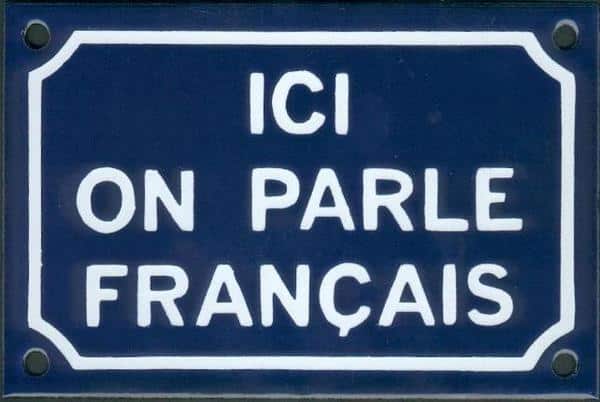
Personally, I am quite pleased with that resonating French. I would not want to miss it for the world, alongside, and as a part of, my Dutch language. Although I am well aware that, for ages, French has turned up its nose at my language, or should I say, my lack thereof. Although I clearly know that French thought very highly of itself for centuries. After it had been the language of urban politeness and refinement in the 17th century, it became the language of emancipation from despotism and the language of human rights in the 18th century, the language that, according to the enlightened minds who spoke it, was best at expressing universality.
I already mentioned François I’s ordonnance in 1539. In 1635, Cardinal Richelieu founded the Académie, on which, from that moment on, every language academy in the world has modelled itself. Article 24 stipulates, ‘The main function of the Academy will be to work, with all the care and diligence deemed possible, to provide our language with certain rules and to make it pure, eloquent and able to cover the arts and sciences.’
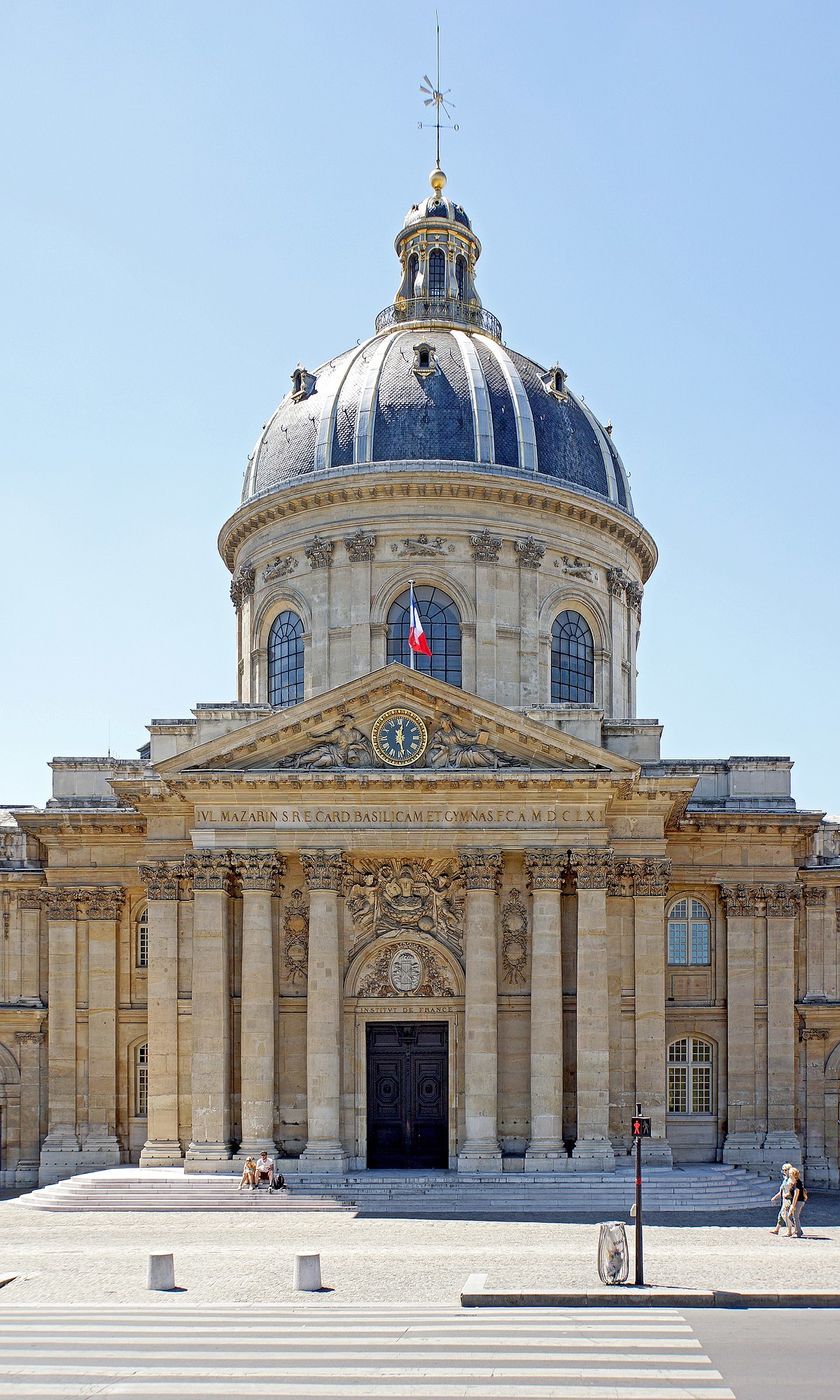 The French Academy in Paris
The French Academy in ParisToday, forty ‘immortals’ continue to meet every week underneath the dome by the Seine in Paris to stand guard over the French language, and to work on the never-ending story that is the dictionnaire. In 1794, Abbé Grégoire stated in his Report on the need and the means to annihilate the patois and to universalise the use of the French language, ‘All that has just been said calls for the conclusion that, in order to extirpate all prejudices, to develop all truths, all talents, all virtues, to allow all citizens to melt into the national mass, to simplify the mechanism and to facilitate the game of the political machine, we need the identity of language’
From then on, only one single language, i.e. French, could serve as the language of the Nation and of Reason. All other languages were referred to a place on the margins and regarded as part of folklore. By now, language had become an affair of state. The idea that the Republic is “indivisible”, with its national motto ‘liberté, égalité, fraternité pour tous’ (‘liberty, equality, fraternity for all’) could not be reconciled with linguistic particularism. The people would be uplifted thanks to an education in a single national language. That would be the only possible way to create ‘equality’.
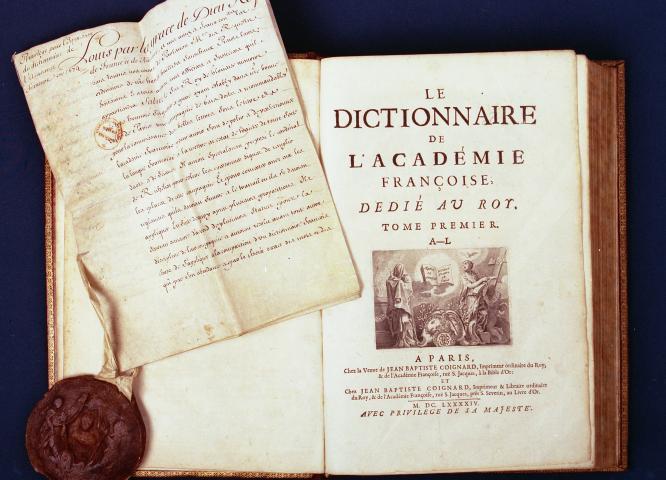
In the 19th century, compulsory education would gradually achieve this language standardisation. It should be clear that, ever since the Revolution, France has, implicitly yet convincingly, observed the territoriality principle. Compared to every other Western language, the French language has probably come across most intervention by the State. No matter how self-evident the English language thinks its global position of power might be, in my opinion, it lacks those interventions, as well as the ‘self-legitimacy’, the conscious ‘self-election’ of the French language. Then again, it does not seem to need it.

